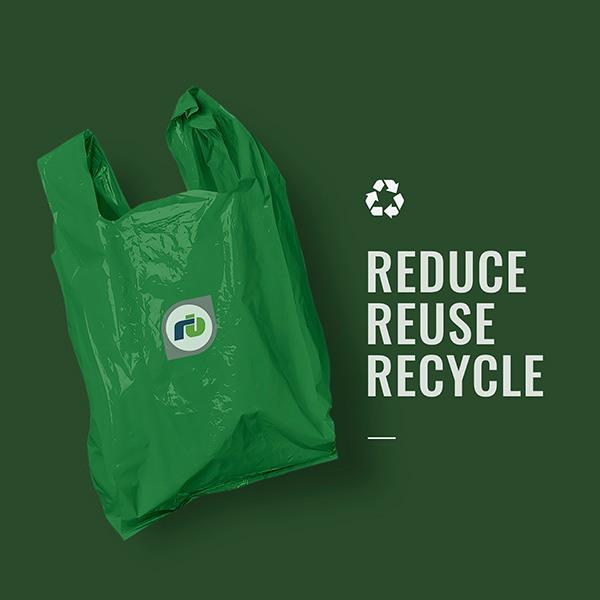
In today’s world, the shift towards a circular economy is more crucial than ever. This sustainable model emphasizes resource efficiency, waste reduction, and environmental preservation. At the heart of this transition lies flexible packaging—a key player in promoting sustainability across various industries.
Understanding the Circular Economy
The circular economy is a regenerative system that contrasts with the traditional linear model of “take, make, dispose.” It focuses on extending the lifecycle of products, minimizing waste, and making the most of available resources. This approach not only benefits the environment but also drives economic growth and innovation.
The Role of Flexible Packaging
Flexible packaging offers numerous advantages, including reduced material usage, lightweight properties, and decreased transportation emissions. However, challenges in recycling flexible packaging materials have highlighted the need for designs that prioritize recyclability and sustainability.
Redi-Bag’s Commitment to Sustainability
As a premier flexible packaging manufacturer serving the Western United States and Canada, Redi-Bag is deeply committed to sustainable practices. They incorporate post-consumer recycled materials (PCR) into their products, ensuring that trash bags and can liners contain at least 10% PCR content. This initiative reflects their dedication to responsible manufacturing and environmental stewardship.
Moreover, Redi-Bag’s SQF certification underscores their adherence to stringent safety and quality standards, providing customers with reliable and eco-friendly packaging solutions.
Innovative Solutions Aligned with Circular Principles
Redi-Bag offers a range of products designed with sustainability in mind:
- Reusable Bags: These customizable, eco-friendly bags are available in various sizes, styles, colors, and prints, providing an economical alternative to single-use plastics.
- LDPE Packaging Products: Their diverse lineup includes flat bottom seal bags, roll stock, shrink film, sheeting, gusseted bags, tubing, and wicketed bags. Each product is engineered for efficiency and aligns with sustainable practices.
Collaborative Efforts Towards a Circular Future
Achieving a circular economy for flexible packaging requires collective action. Industry collaborations, such as CEFLEX, are pivotal in driving systemic change. CEFLEX’s ‘Mission Circular’ aims to collect all flexible packaging and channel over 80% of recycled materials into valuable new markets by 2025, exemplifying the power of unified efforts.
Challenges and Opportunities
While recycling flexible packaging presents challenges, they also open doors for innovation. Advancements in materials, improved recycling infrastructure, and thoughtful design can significantly enhance the recyclability and sustainability of flexible packaging.
Flexible Packaging’s Future: Advancing Sustainability Through Innovation
Flexible packaging plays an integral role in the circular economy, offering both challenges and opportunities on the path toward zero waste. Redi-Bag’s unwavering commitment to sustainable practices positions them as a leader in this transformative journey, contributing significantly to a more sustainable and circular future.
By focusing on sustainable practices and innovative solutions, Redi-Bag exemplifies how the flexible packaging industry can align with circular economy principles, paving the way toward a zero-waste world.


